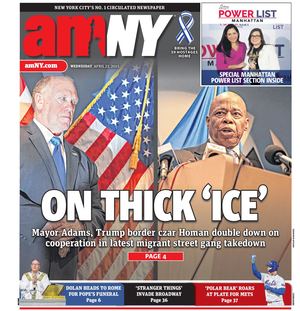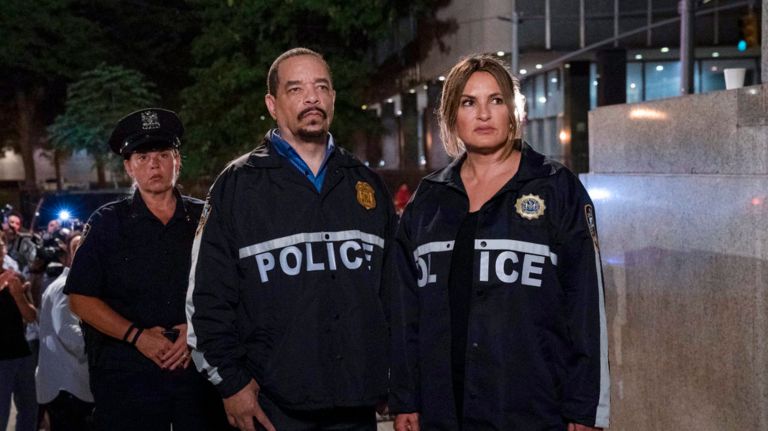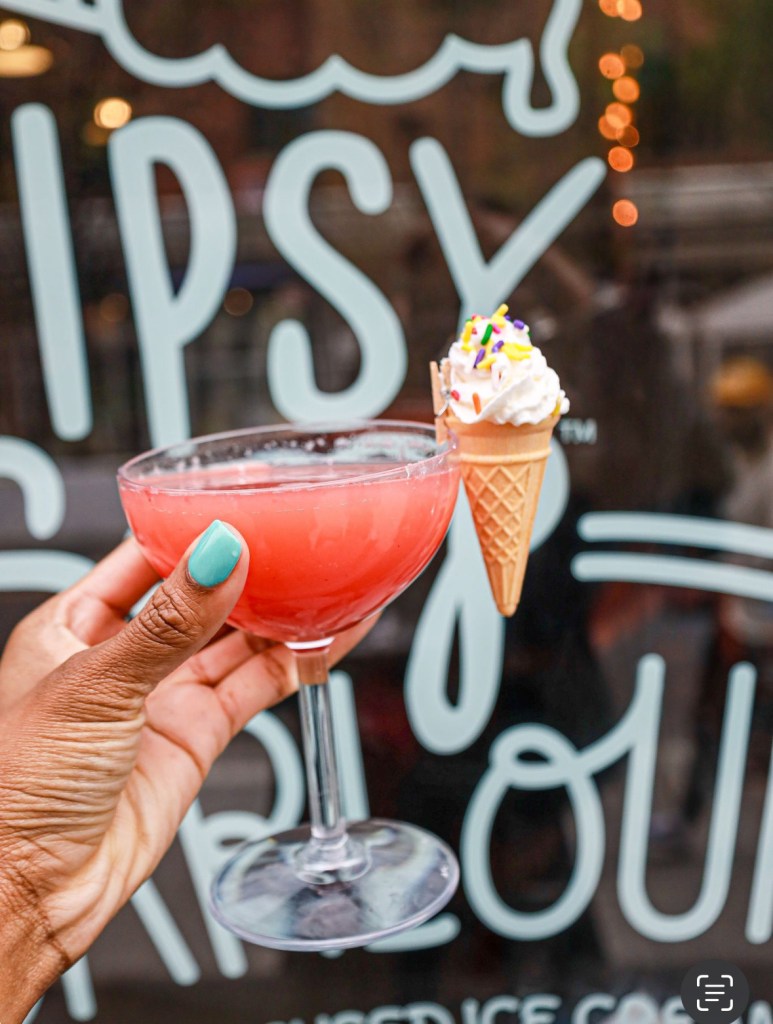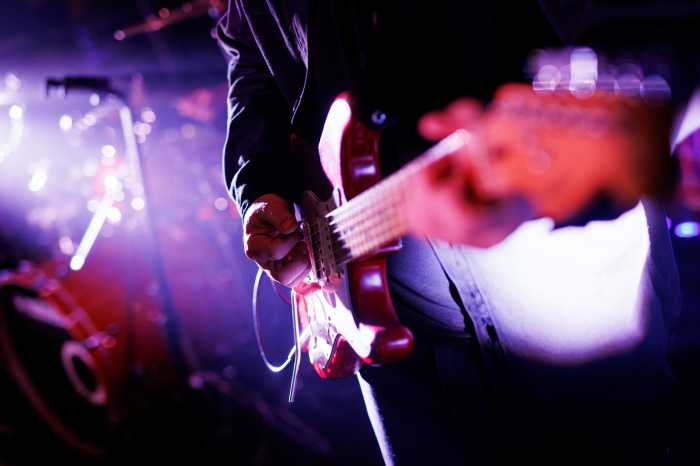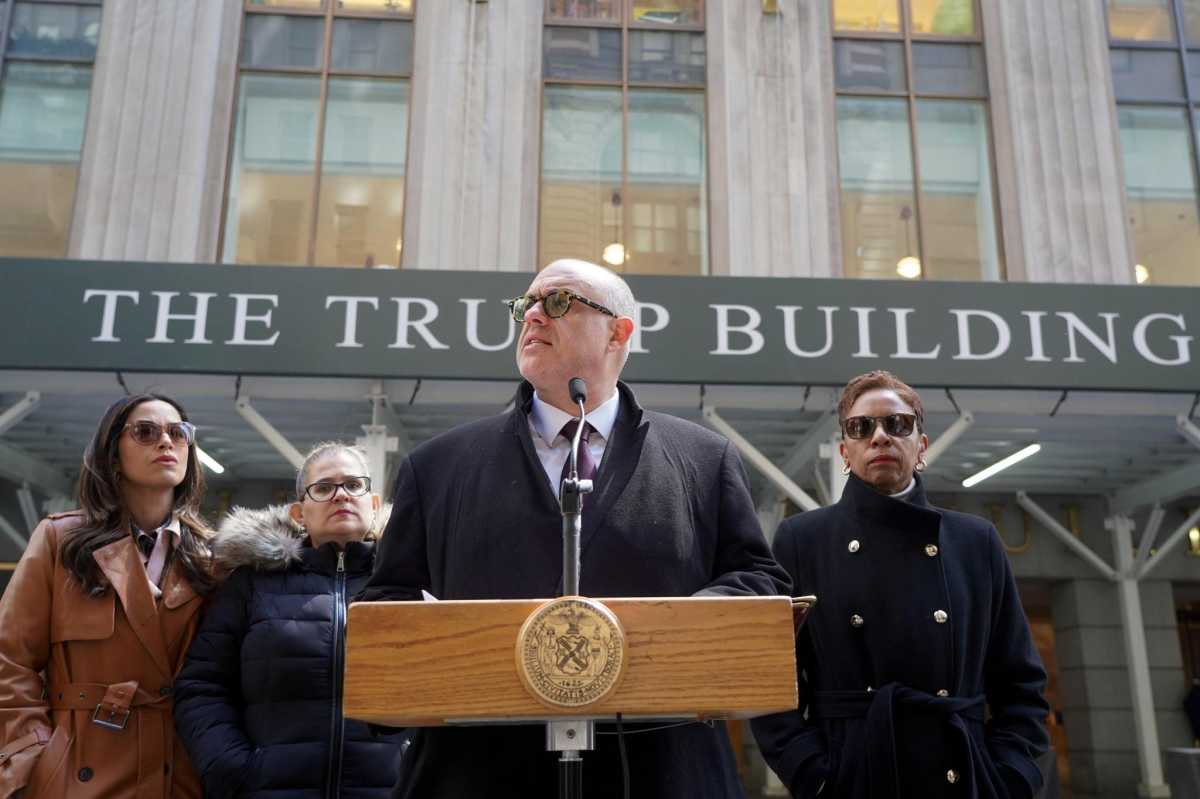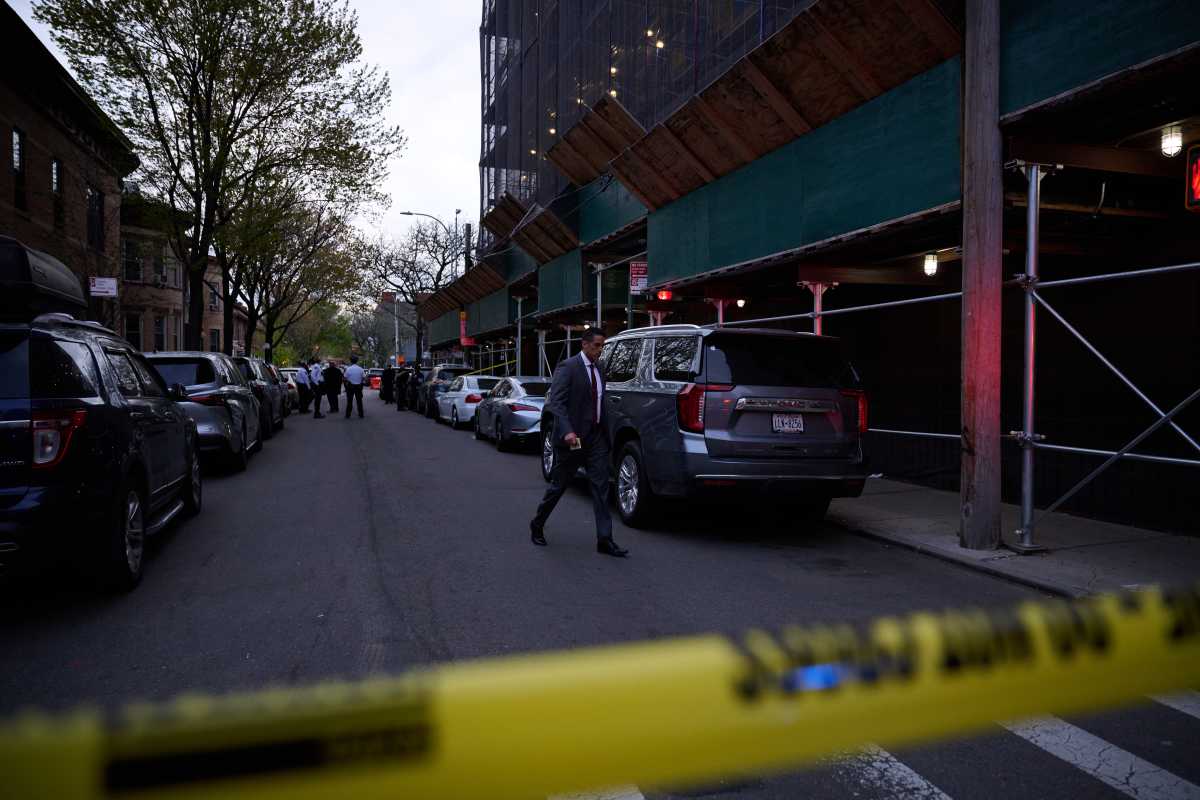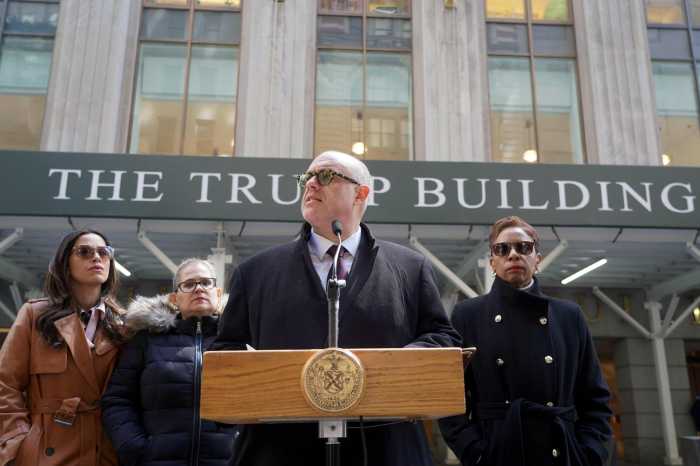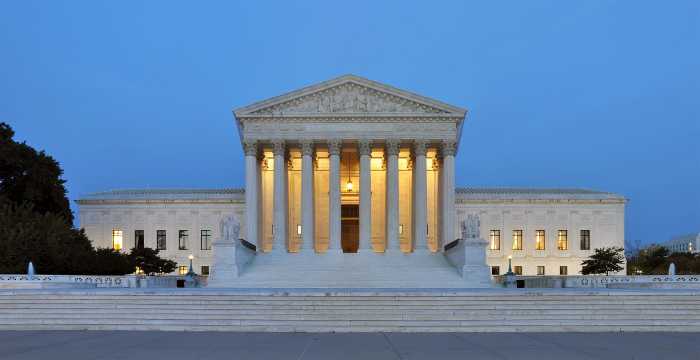
"Law and Order: Special Victims Unit" on Thursday became the longest-running drama in prime-time history. Its entry point into a milestone season: #MeToo.
"I always say, let’s just get to the next episode," says series showrunner Warren Leight, who returned for the 21st season after a three-year hiatus from the Dick Wolf-created show. Entering a spotlight season, Leight wanted to put the "biggest" storylines at the start.
"I didn’t want to put in the first nine or 10, an episode that could have run at any time in any season of the last 20 years," he explains.
For the premiere, that translated to the department chasing down the head of the world’s largest streaming studio, who’s been accused of serial sexual assault. "With the #MeToo moment, we all thought it would change [by the time of the premiere] and yet most of these guys are still walking around. I wanted an iconic villain for the first episode," Leight says.

The episode’s Sir Toby Moore (Ian McShane) draws clear parallels to disgraced producer Harvey Weinstein, as he’s accused of raping and bribing aspiring young actresses. Leight, though, won’t directly confirm Moore is an on-screen version of Weinstein himself. "There are about 10 guys like this. You can go pretty much to any world — sports world, entertainment world — and find a dozen moguls implicated in serial assault. Most have lost their jobs, but I don’t think many have gone to prison."
"SVU" writers have long admitted they rip plots from news headlines, which is no different in season 21. "Unfortunately, there’s a never-ending supply of bad behavior in our culture. What is changing for us though, is how the police go about it," he says.
Staying true to its previous two decades on prime-time television, the series looks to put the focus on the experience of the survivors, rather than that of the perpetrators.
"In our second episode, we’ll talk a lot about new investigative techniques about how to talk to survivors of sexual assault," Leight says, explaining that the series puts immense responsibility on victim representation.
Its efforts have even translated to on-the-ground calls for change. In 2004, series star Mariska Hargitay (Olivia Benson) established the Joyful Heart Foundation, supporting survivors of sexual assault, domestic violence and child abuse in New York. She testified on Capitol Hill in 2010 on behalf of survivors after discovering thousands of untested rape kits in the United States.

Its impact can be felt — and heard — in its script as well, which has been praised for its efforts to prioritize accuracy within a piece of fiction.
Christopher E. Bromson, who’s been the executive director of NYC’s Crime Victims Treatment Center for the past three years, says it’s clear the series has taken responsibility in showcasing a local law enforcement team that protects and prioritizes its victims.
"Over the past 40 years the Crime Victims Treatment Center has set the stage for the way sexual assault survivors are treated by institutions, specifically hospitals," Bromson says. "Their intention is definitely good. I will say because it’s an hourlong TV show, things get super condensed. It’s a little bit oversimplified and can leave survivors with an unrealistic expectation of what dealing with law enforcement is actually going to be like."
Still, Bromson says the series’ focus on survivors has contributed to the #MeToo conversation in a constructive and beneficial manner.
"The biggest gift, perhaps, that ‘SVU’ has given us, is breaking down barriers that existed before. It has led the charge in producing content that elevates the experience of survivors of sexual victimization."
In its representation, the NBC series may even have the power to help viewers realize they’re experiencing patterns of sexual assault. In 2016, Quartz published an article by writer Virginia Pelley that detailed how an episode of "SVU" helped her open up about her own abuse for the first time.
"We strive for a kind of realism that a lot of shows are afraid of now," Leight says. "This asks you, as a viewer, to invest emotionally."
To achieve this, Leight says its taken extensive fact-checking efforts behind the scenes. Every "SVU" episode has been reviewed by onset consultants (former SVU inspectors, prosecutors, medical examiners, psychiatrists) who work to maintain a script that mirrors reality — while, naturally, keeping an elevated theatric twist.
"We have one episode we’re just doing now which involves a 13-year-old girl, so we went to an expert who specializes in family court law in New York," Leight explains, adding that he’ll often send scripts over to field experts for review before shoot days.
"Yes, we get the DNA results fast," he admits. "We still have to compromise for 42 minutes of stories."
"SVU" airs Thursdays on NBC.
